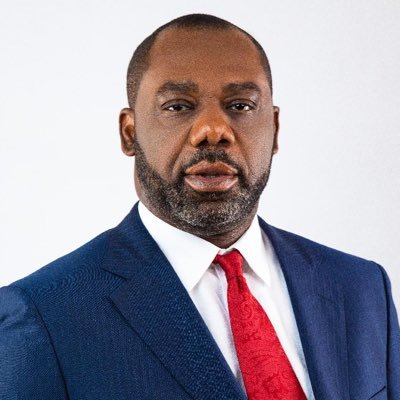While Ghana already exports power to some West African countries, the Deputy Director, Nuclear and Alternative Energy under the Ministry of Energy (MoE), Dr. Bright Robert Sogbadji, has said if the country is able to exploit its energy potentials, it could derive more revenue than it currently earns from cocoa.
Ghana’s power supply sources are from hydroelectricity, thermal fueled by crude oil, natural gas and diesel, solar, and also imports from La Cote D’Ivoire.
However, the country also exports power to Togo, Benin and Burkina Faso, with its ongoing grid expansions anticipated to boost the capacity to further export to other neighboring countries in the sub-region.
The country’s total installed capacity for existing plants in Ghana is 4,132MW consisting of hydro 38 per cent, thermal 61 per cent and solar less than one per cent
Dr. Sogbadji acknowledged that Ghana is well placed to export power, but added that energy and solar energy are intermittent which requires the installation of other baseload support plants. This could help the development and expansion of other renewable energies.
“All these renewable energies have to be planned carefully” among others to help spell out the percentages required to be put into the grid, he stated.
Dr. Sogbadji, in his opening comments, during a discussion on ‘the role of alternative energy in ensuring the medium to long-term sustainability of the power sector,’ at the 10th edition of the Ghana Economic Forum, disclosed that the government is considering hybridizing the intermittent with the mini-hydros.
However, he reckoned that the challenge of ‘galamsey’ has impacted the potentials of the mini-hydros, as might have pre-existed.
Presently, he said the country has exhausted all its large hydros, and quizzed how the country could expand on gas to power and its sustainability at the back of the ongoing discussions on energy mix, in view of the Paris Agreement on carbon emissions.
He disclosed that “for energy security it would be very difficult to continue to import fuel on daily basis, citing, for instance, the possibility of the inability to draw gas from Nigeria or ship liquefied natural gas (LNG) among others.
Against this background, he said there is the need for the country to consider very reliable and sustainable baseload energy. ‘This is why we are also looking at including the option of nuclear energy which could offer energy security for more than ten years.’
On the energy transition, he said it should be considered that it will not be precise that every country would be able to state the exact year for decarbonization but urged that the position of experts and academia should be highly considered on how decarbonization can be achieved.
“Ghana as a sovereign nation would have to plan and make sure that our energy mix is clean; plan towards clean baseload and we have to do it advisedly, and not to be pushed by other people to put in energy mix which can disturb our grid,” he stated.










